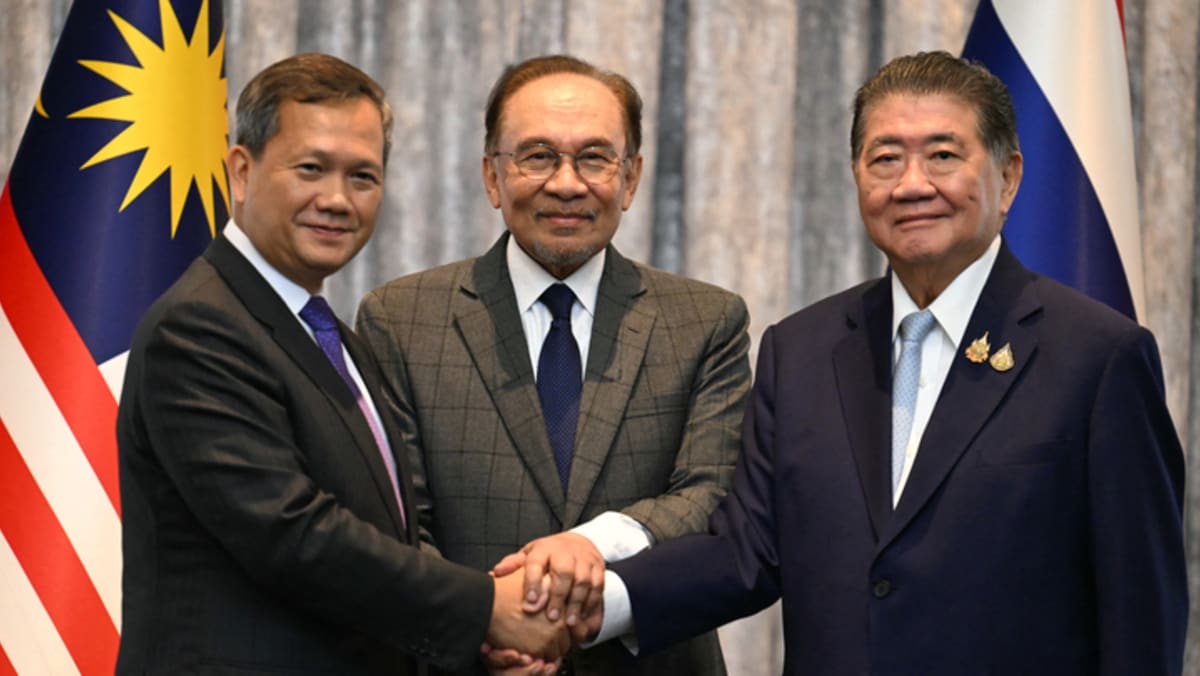Meanwhile, long-simmering tensions between Cambodia and Thailand escalated when the two countries exchanged fire, putting Malaysia’s ASEAN chairmanship to the test. Murphy’s Law ran in full: Anything that can go wrong, will go wrong.
But the story did not fully play out until the eleventh hour.
ANWAR’S TRUMP CARD
The appointments of neutral candidates to the top judicial posts, including former deputy minister Wan Ahmad Farid Wan Salleh, did enough to quell dissent, though questions on judicial independence remained.
On the economic front, the Anwar administration rolled out measures to support citizens, such as a one-off RM100 (US$24) cash handout to all adult Malaysians and an additional public holiday.
While the reactions to these measures were at best mixed, the lukewarm Turun Anwar rally ended up making Mr Anwar look better. Turnout was significantly lower than what a few opposition lawmakers predicted, and it was concentrated among the opposition’s Malay supporters. Without broad-based support, a protest might prove counterproductive to the organisers.
The trump card for Mr Anwar, however, was his role in mediating the Cambodia-Thailand conflict. The prime ministers of the two countries convened in Malaysia and signed an unconditional ceasefire agreement, after five days of fighting.
Isolated skirmishes continued the next day, with both countries accusing the other of flagrant violations. But regional military commanders came together to maintain the ceasefire deal. Defence attaches agreed to meet in Malaysia, and direct communication lines were established in August. Displaced civilians began returning home. In the end, the ceasefire held.
